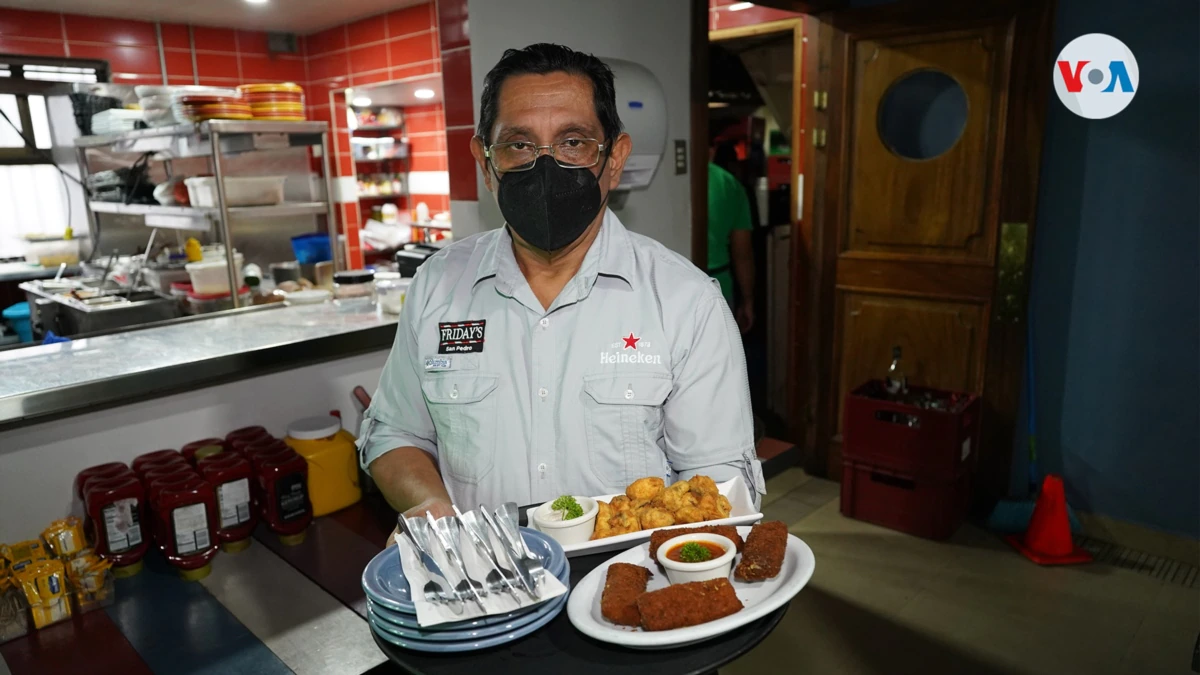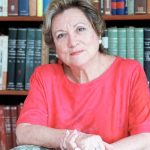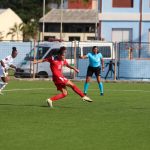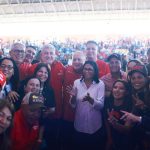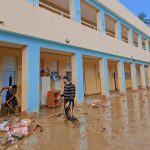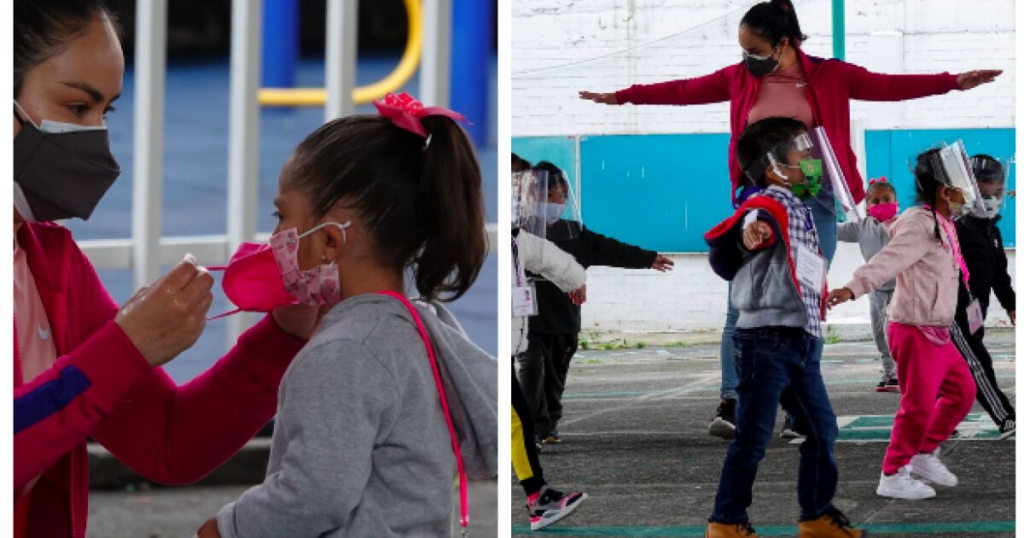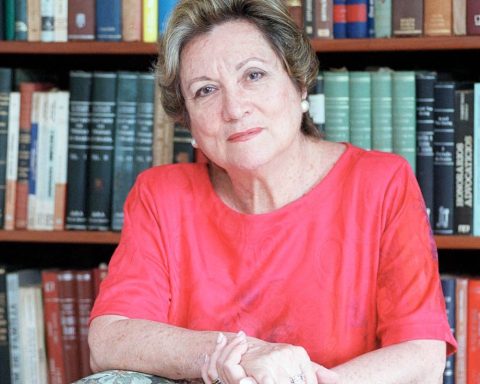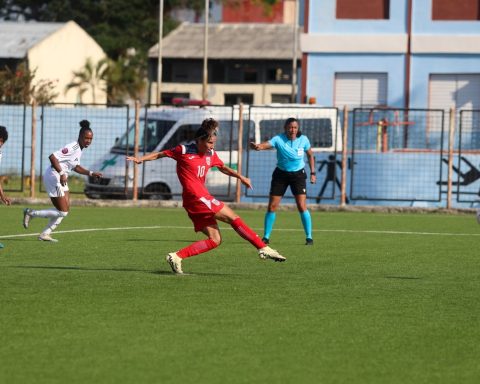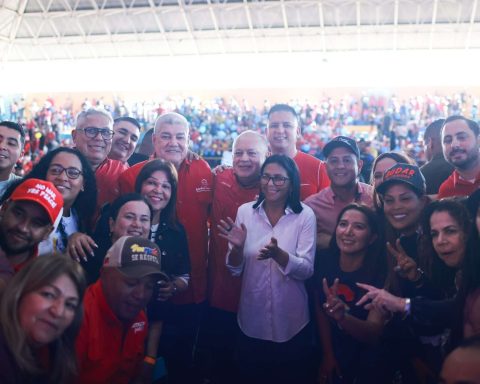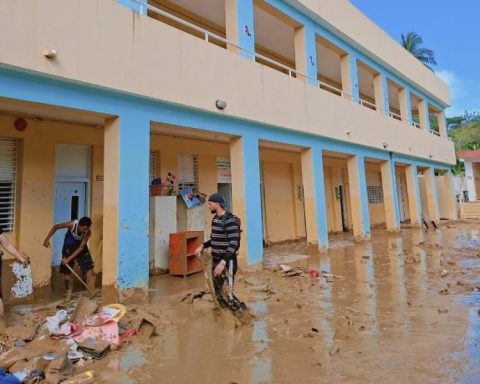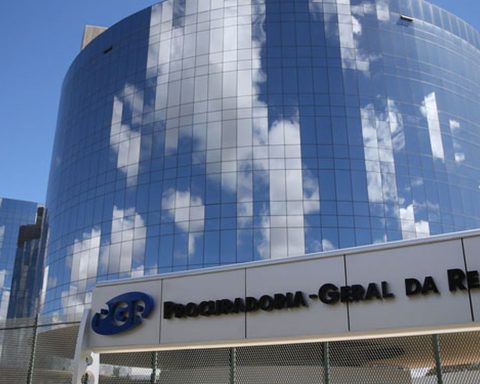Dr. Rommel Meléndez has replaced his clothing and medical instruments with which he treated his patients in Nicaragua for the clothing of a restaurant where he has been working as a waiter for a year and a half, when he arrived as a refugee in Costa Rica.
Meléndez forcibly left Nicaragua four years ago during the protests against President Daniel Ortega.
He, like thousands of others, was looking to save his life. He says that on the days of the protests, his profession was criminalized for assisting anti-government protesters.
– Do you prefer a coffee or a frappe? – asks the doctor prior to agreeing to the interview. Her face looks quite serene. He says that the day has not been as busy as previous weeks.
“All this has been very difficult, but little by little we have been integrating ourselves into jobs that are offered to us, perhaps not in our area, but we must find a way to survive,” the doctor told the voice of america while resting.
He finished unpacking his bags just two months ago, he explains. She had hoped to return to Nicaragua, but the idea has faded over time, she says.
His current home is a small house somewhat removed from his work, which he rents together with three other people to lower expenses. “Only I couldn’t afford this place,” she says.
Due to the lack of resources, -he affirms- he had previously been welcomed in the house of a relative in Costa Rica.
All life dedicated to Medicine
Meléndez worked as a doctor in Nicaragua and also taught classes, but from one moment to another his life changed.
“All my life I had dedicated myself to practicing medicine in my country, university teaching, but circumstances changed,” he laments.
“Here I tried to do the same, but we were practically disqualified by the Medical Association of Costa Rica due to a series of requirements that they imposed on us to practice Medicine,” he adds.
In his case, he affirms that the administration of Daniel Ortega accused him of arming the protesters in the city of Masaya, located south of Managua and one of the bastions most critical of the Sandinista president.
In Costa Rica, Meléndez has worked doing everything they offer him. He began by providing free medical care to Nicaraguans who crowded into the park known as La Merced, in San José, but later he looked for other alternatives to survive. So he was -for example- a pollster for a local company.
Nicaraguan migration “exceeded institutional capacity”
The case of the Nicaraguan doctor is just one of the thousands that Costa Rica registered in 2018. According to official data from Costa Rica, the migration of Nicaraguans shot up to historical levels in that year.
“We went from receiving just over 6,000 applications in 2017, the vast majority of people of Venezuelan nationality, and from the political situation that arises (in Nicaragua) in the first months of 2018 that reality changed,” he told the voice of america the deputy director of Migration and Immigration of Costa Rica, Allan Rodríguez.
In 2018, Rodríguez worked as head of the Refuge Unit of that institution and affirms that the migration of Nicaraguans even made them reinvent themselves and establish an appointment system for what is the attention of that flow that even “exceeded at the time the institutional capacity”.
“This is how we, from 2018 to date, have received more than 180,000 refugee applications,” said the official.
The number of requests has led to lengthening the processes and delivery of documentation for those who request refuge. In addition, cases of xenophobia have been reported.
Dr. Meléndez points out that in his case “the comments of xenophobia” that he has experienced are sporadic. “Perhaps once or twice I have felt a degree of xenophobia, but in rural areas, but in the city, almost none,” he says.
However, he considers that as a migrant the situation of living in a foreign country makes it difficult for him to have new opportunities. Therefore, he says, there should be more support from organizations.
“The challenges on International Migrants Day is that they take our situation very much into account, despite the fact that they have provided support, it has been very scarce,” laments the doctor who considers that “in Nicaragua there is a tragedy, an exodus.”
The Costa Rican Immigration and Immigration authorities indicate that they have sought alternatives to accelerate support for Nicaraguans, who represent 89% of refugee applications, followed by a very low margin of Venezuelans, Colombians and Salvadorans.
“To the political crisis is added the economic one. The dictatorship that represses, and the economic situation. Every day the prices are through the roof. The basic basket is an example of that,” says Meléndez, the doctor turned waiter. In his opinion, migration will continue to increase.
Connect with the Voice of America! Subscribe to our channel Youtube and turn on notifications, or follow us on social networks: Facebook, Twitter and Instagram
